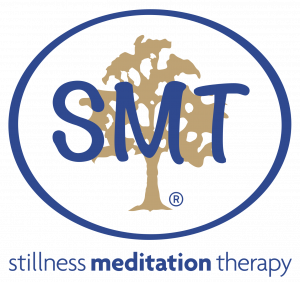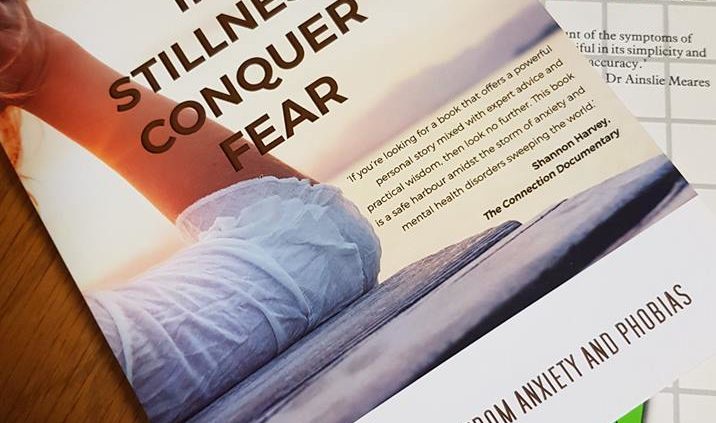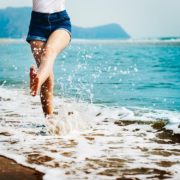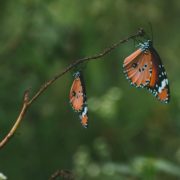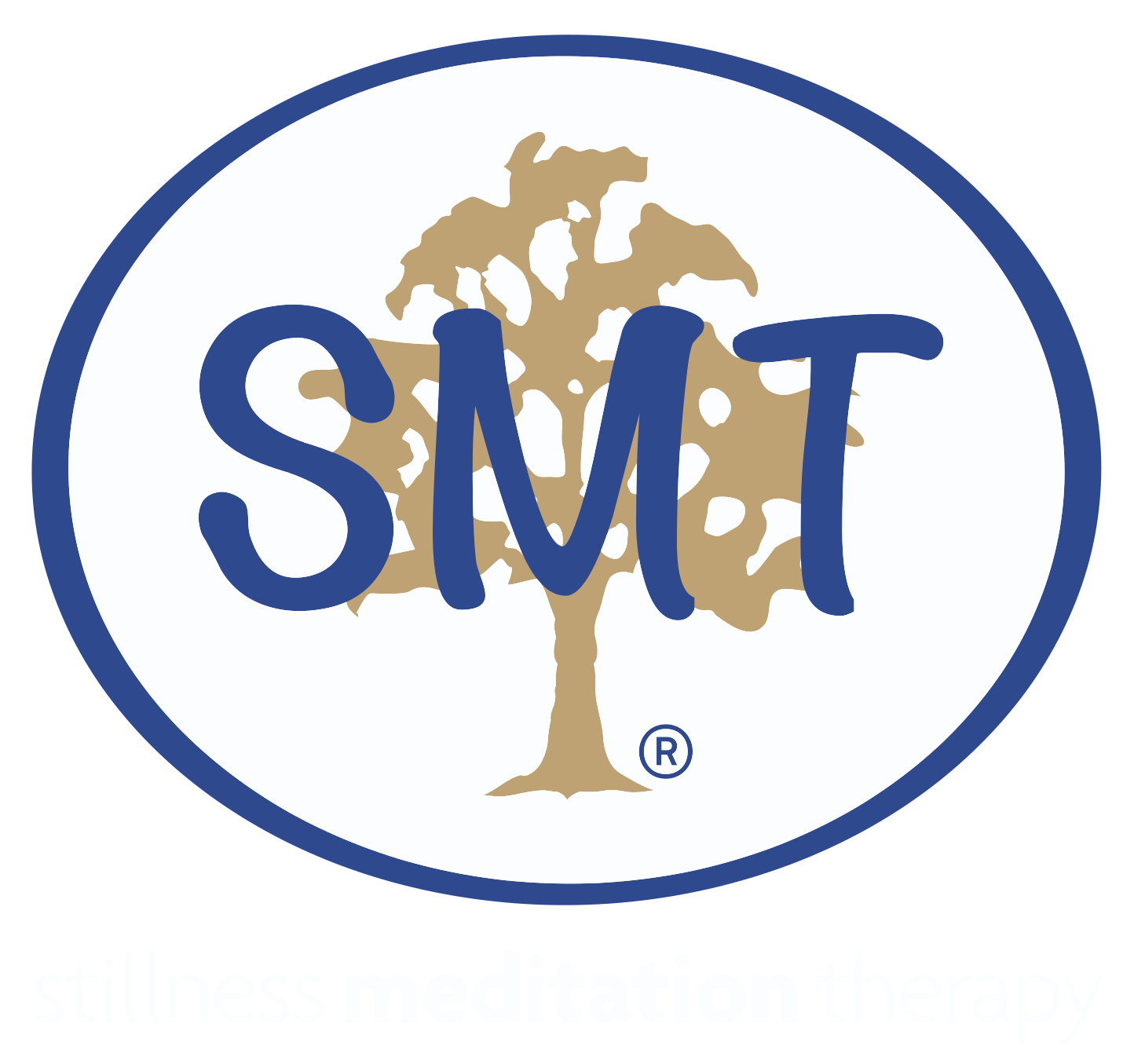High Anxiety
On 30th March this year the Age Magazine, Good Weekend, published a spread titled just that – High Anxiety. The point of the article seems to be aimed at highlighting anxiety as a more recently discovered ‘mental health’ issue.
However, in this blog I’m going to be very bold and stake my claim! My story, first published in 1983 was, to the best of my knowledge, the first personal account of anxiety on the shelves in Western society. Titled In Stillness Conquer Fear, mine is a personal account of this kind of suffering but one that also offers a powerful, lasting and successful solution leading to life fulfilment.
With its most recent updated edition being published in 2016, my story has been published in Ireland, the UK and Poland, in the Polish mother tongue. That’s some claim to make and I am proud to have assisted thousands of people throughout the world through the telling of my story and my experience over 36 years as a therapist specializing in anxiety disorders.
My story relays the power of anxiety and how 8 years of my early life were limited by recurring panic attacks that led to agoraphobia, the overwhelming fear of leaving the safety of home. Despite the efforts of a range of medical experts, relief escaped me until almost by accident, I came upon the genius work of Melbourne psychiatrist, Ainslie Meares. It is to Meares’ work that I can attribute recovery for myself and for many others whom I’ve been privileged to assist.
By way of elaboration, here’s an extract from my story:
“It was as I was driving in rather heavy traffic that I suddenly experienced an unpleasant sensation of unreality – as if I was there, but I wasn’t there.
I felt a surge of alarm at this new experience. I remember vaguely thinking that perhaps I had not been concentrating very well on my driving, and almost wanted to pinch myself to see if I were dreaming.
This feeling of unreality is quite a common symptom surrounding the onset of an anxiety/panic attack. Unintentionally I most likely became more tense in an attempt to overcome that unpleasant feeling. I then realised that I was feeling extremely unwell. I was dizzy and nauseated, my head was pounding, my vision was blurred and my heart was thumping in my throat – and I was still driving the car. I managed to park and sat there for a few minutes, terribly aware of the fact that I was ill and away from home and I had two very young children with me.
By then, I was also feeling weak and faint, hot and cold and gasping for breath – hyperventilating, so I learned much later. This resulted in the unfortunate experience of paresthesias – a scary experience indeed, which begins with tingling in the fingertips gradually leading to numbness in the hands and limbs, and which, in my ignorance at that time, I thought was the sudden onset of paralysis. With all those dramatic sensations happening and the predicament of my little kids alone in the car, I was convinced that I was dying or certainly being stricken with some dreadful disease.
With the influence of recent sudden deaths and illness in our family flooding my mind, somehow I stumbled, panic stricken, into a shop nearby. All I could say was that I needed help, and quickly, as my head swam with dark patches of fading consciousness. I must also have been the colour of a sheet, for I certainly caused some agitation amongst the shopkeepers. I had alarmed them as well as myself, as they confirmed a couple of weeks later when I returned to say ‘thank you’.
I didn’t actually lose consciousness as some do in such circumstances, but my mind was swamped with panic and I was terrified. Panic is a word we have come to use fairly loosely in our vocabulary, but the real meaning of the word can only be appreciated by someone who has been through a complete panic attack. At that time what I was experiencing was a mystery to me — but I remember feeling threatened by a sense of urgency, and all my responsibilities seemed to crowd into my thoughts, in particular the wellbeing of my two little children. It was a sensational and very frightening experience and I felt, in my confusion, that if I wasn’t dying, I was about to lose control of my reason and actions.
Since being in control is a very important aspect of security in human nature, a panic attack is quite devastating. No one likes to feel threatened in any way, least of all to have their composure threatened. But when one feels threatened by something unidentifiable, it is doubly difficult to accept. I pictured myself in all that confusion, being removed from the scene with absolutely no control over the situation, even to the extent of being unable to communicate. In hindsight, a classic experience of loss of self”.
Dr Meares work and indeed his vision for mental and physical health is centred upon mental rest – known today as Stillness Meditation Therapy. This is what I learned from him; this is what I needed to learn in order to truly relax, to assist my brain to unlearn and relearn and to gain ease, confidence and over time, the insight necessary to live well.
And so it is frustrating at the very least, to read articles such as that in the Good Weekend where it seems anxiety as a social problem is only now really being addressed. It is frustrating that so many people are still victims of stress, fear, anxiety and accumulated tension while relying on medications that keep them trapped in dependence and often make matters worse. I feel very strongly that people deserve far better and, when finding the right path, are more than capable of negating the adverse influence of anxiety to become more wholly themselves.
If you appreciate the content of this blog, please pass it on to others. If you read this and identify with my understanding of anxiety, please make contact. My colleagues and I would truly love to assist.
Pauline McKinnon (c)
Melbourne, April 2019
